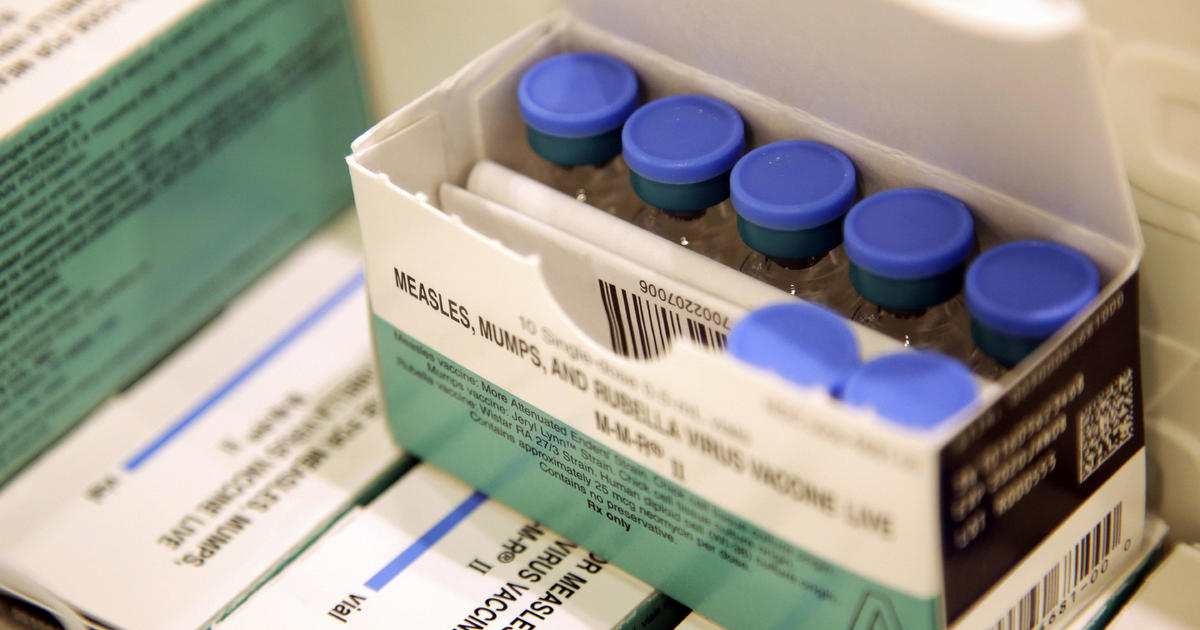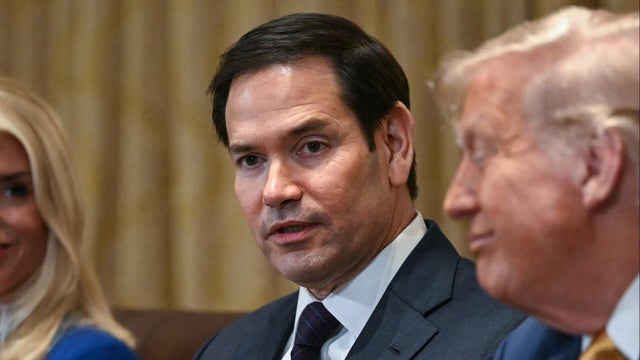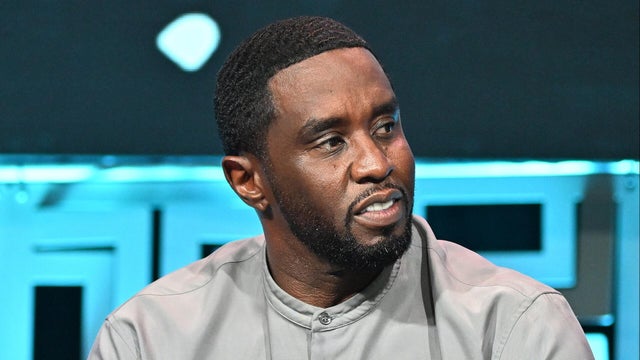

No response returned

The nation's are speaking out after U.S. health officials told them they will no longer have a role in helping establish vaccination recommendations.
The organizations were notified via an email Thursday that their experts are being disinvited from the workgroups that have been the backbone of the Advisory Committee on Immunization Practices, known as ACIP.
In response, the impacted organizations — including the American Medical Association, American Academy of Pediatrics and Infectious Diseases Society of America — released about being excluded from the vaccine recommendation review process.
"We are deeply disappointed and alarmed that our organizations are being characterized as 'biased' and therefore barred from reviewing scientific data and informing the development of vaccine recommendations that have long helped ensure our nation's vaccine program is safe, effective, and free from bias," the statement said.
The workgroups typically include ACIP members and experts from medical and scientific organizations. At workgroup meetings, members evaluate data from vaccine manufacturers and the CDC, and formulate vaccination recommendation proposals to be presented to the full committee.
The decades-long practice of allowing liaisons from the medical groups to help review vaccine data helped provide unbiased input for ACIP's consideration, the organizations said.
"To remove our deep medical expertise from this vital and once transparent process is irresponsible, dangerous to our nation's health, and will further undermine public and clinician trust in vaccines," the statement continued, urging the administration to reconsider its decision.
The statement was also joined by the American Academy of Family Physicians, American College of Physicians, American Geriatrics Society, American Osteopathic Association and National Medical Association.
Dr. William Schaffner, a Vanderbilt University vaccine expert who for decades has been involved with ACIP and its workgroups, told The Associated Press he's "concerned and distressed" by the CDC's decision, saying the move will likely propel a confusing fragmentation of vaccine guidance. For example, patients may hear the government say one thing and hear their doctors say another.
The structure was created for several reasons, Schaffner said. The professional groups provide input about what might and might not be possible for doctors to implement. And it helped build respect and trust in ACIP recommendations, having the buy-in of respected medical organizations, he said.
Workgroup members are vetted for conflicts of interest, to make sure than no one who had, say, made money from working on a hepatitis vaccine was placed on the hepatitis committee, Schaffner noted.
This isn't the first change to the vaccine advisory panel, also known as ACIP, under the Trump administration. In June, Health and Human Services Secretary Robert F. Kennedy Jr. and replaced them with , including several allies he has worked with closely over the years and some members with a history as vaccine critics.
Last week, the ousted ACIP members spoke out against what the panel has become, in a commentary published in the New England Journal of Medicine. In the piece, the former members to the vaccine recommendation process in the U.S. under Kennedy's leadership.





